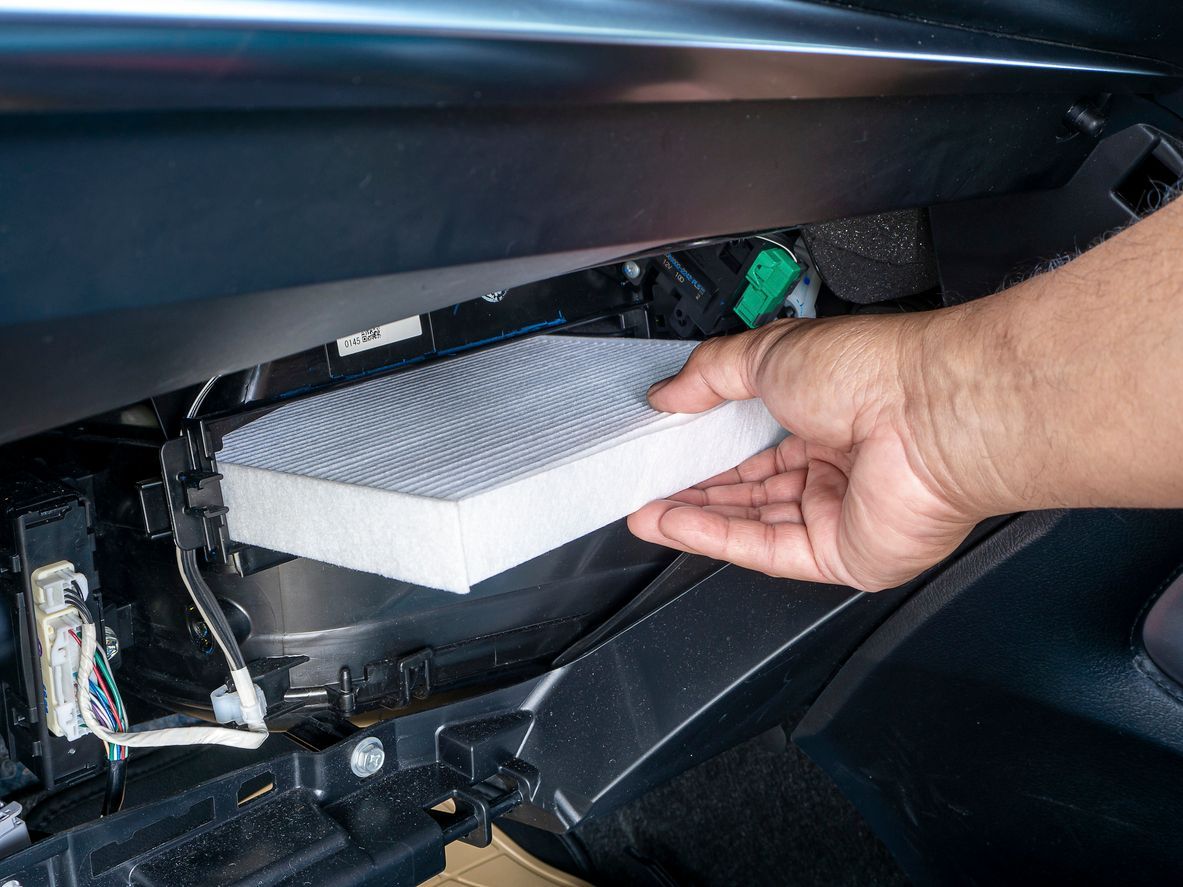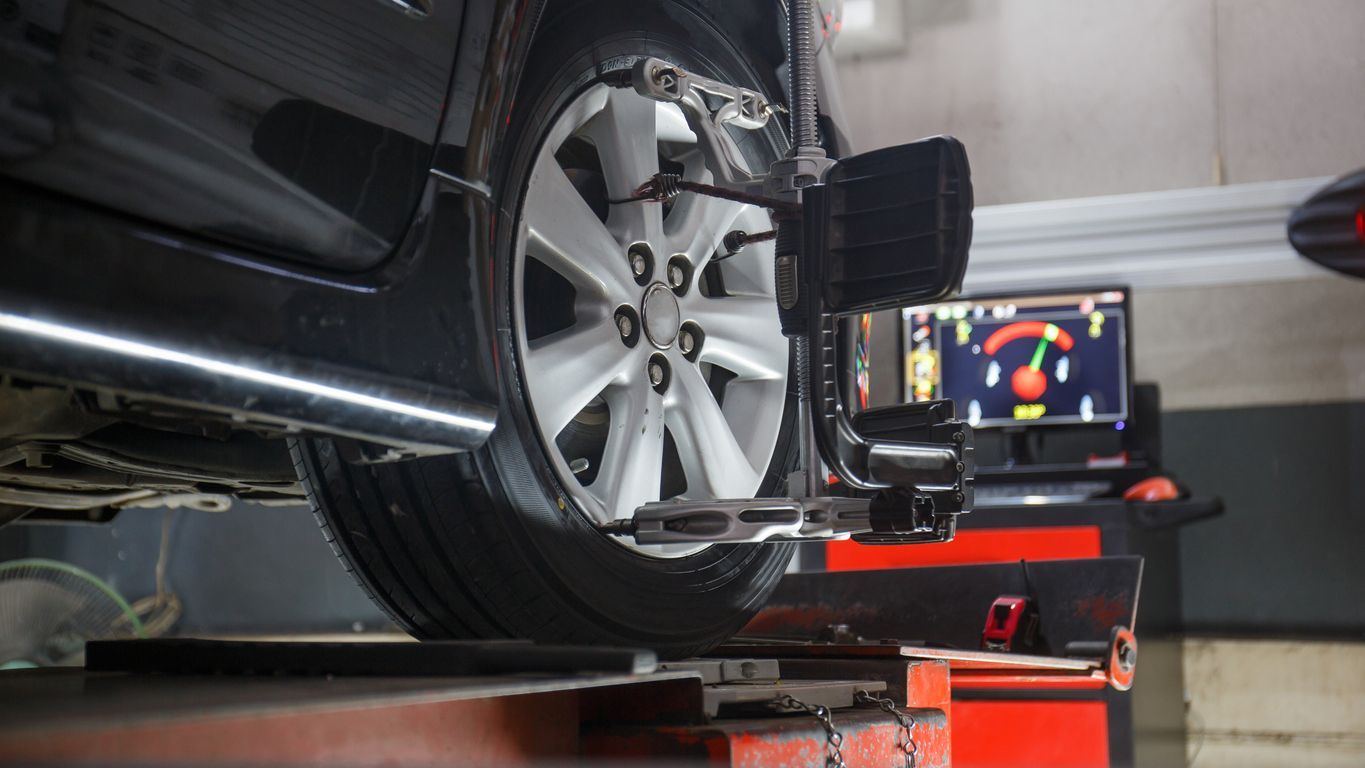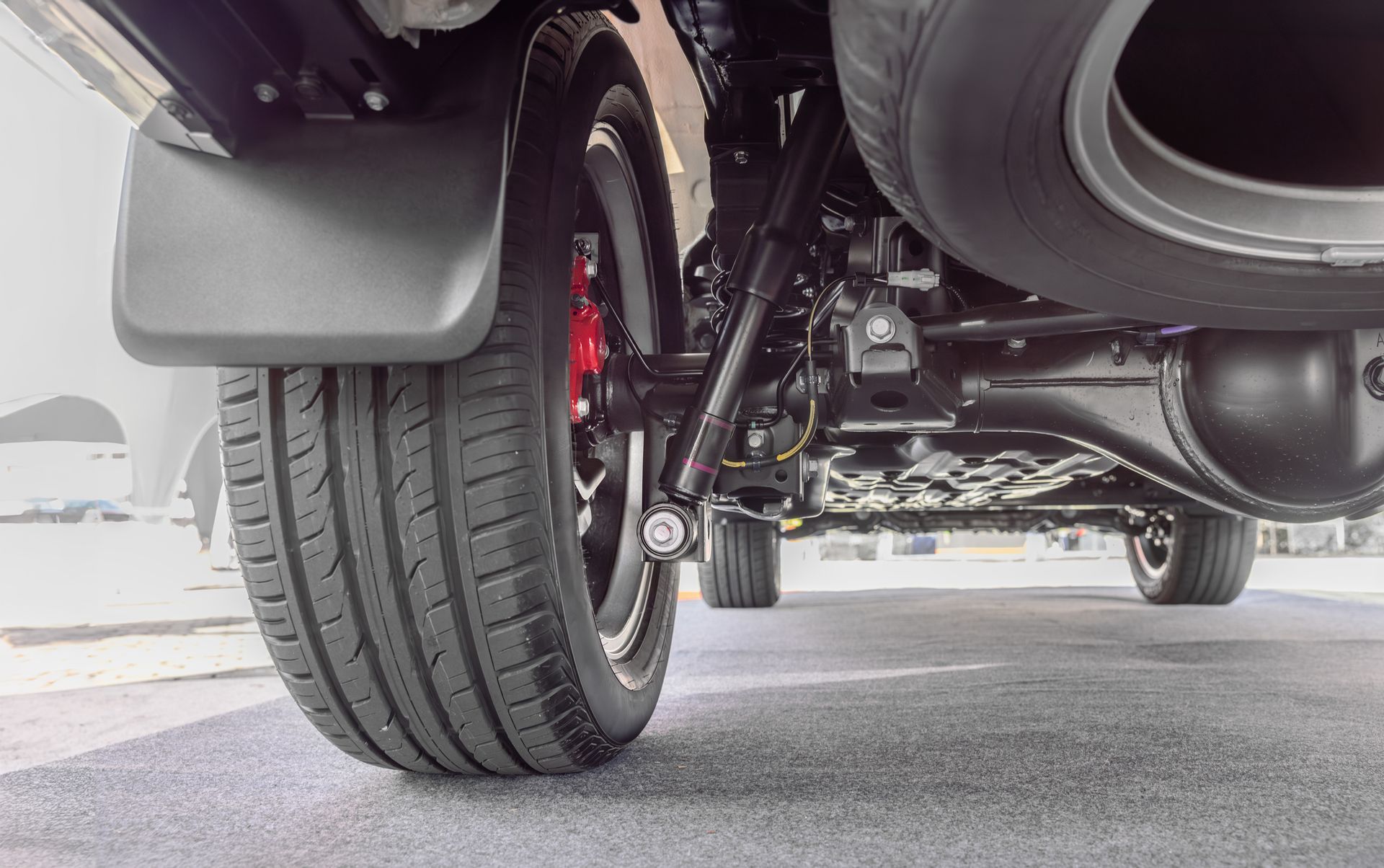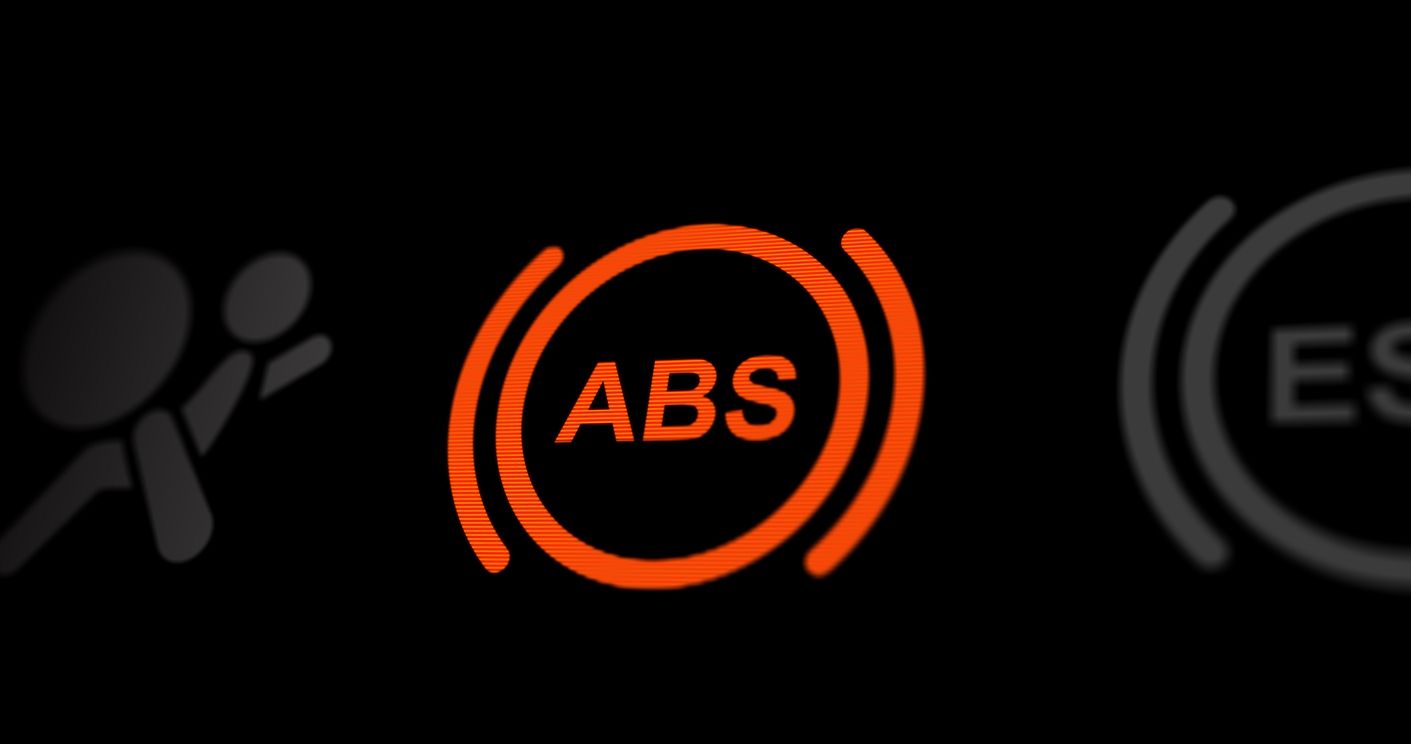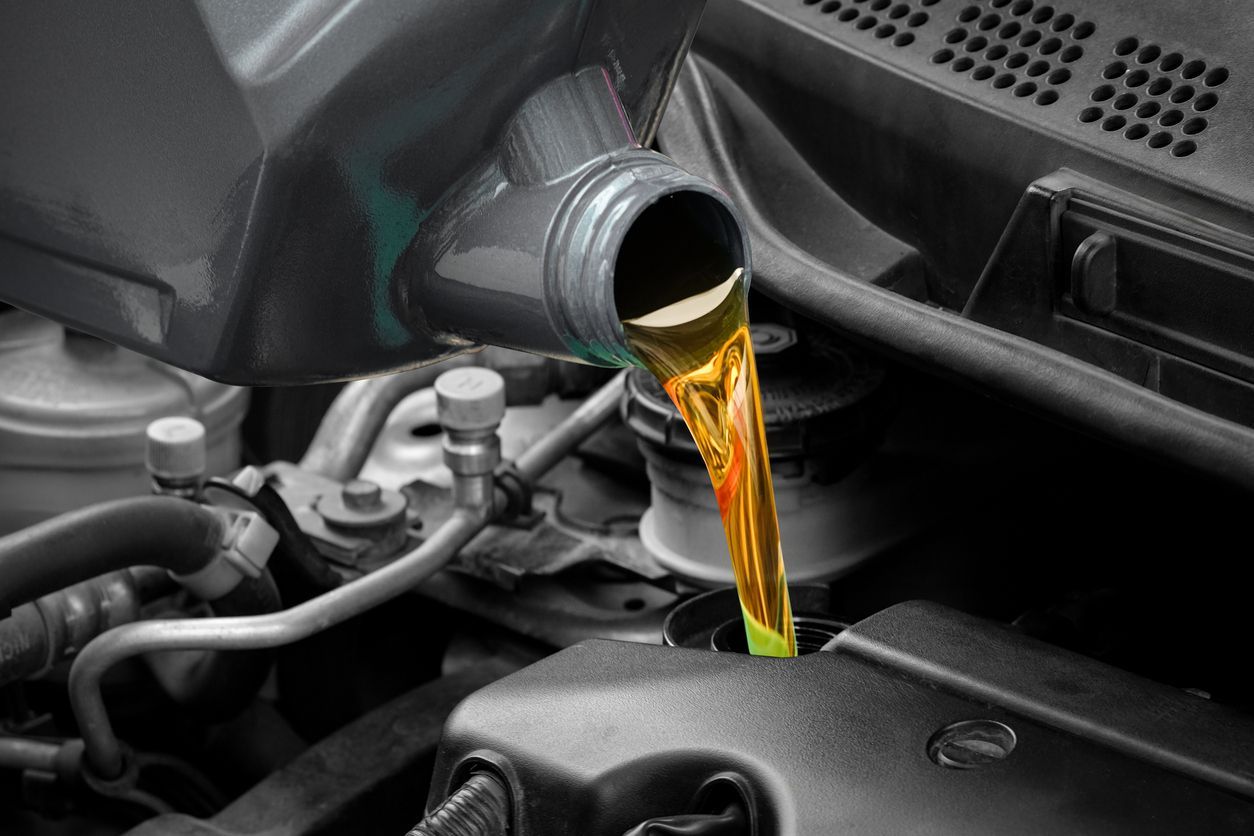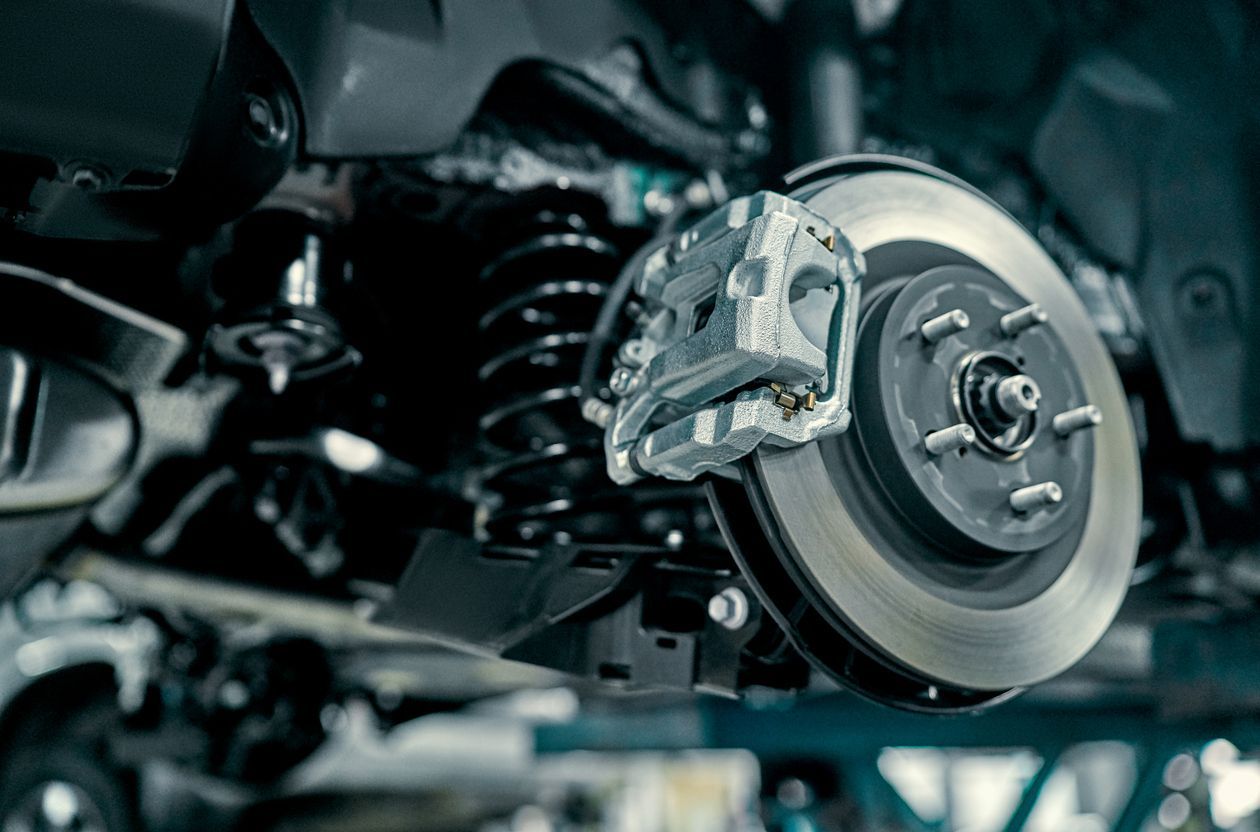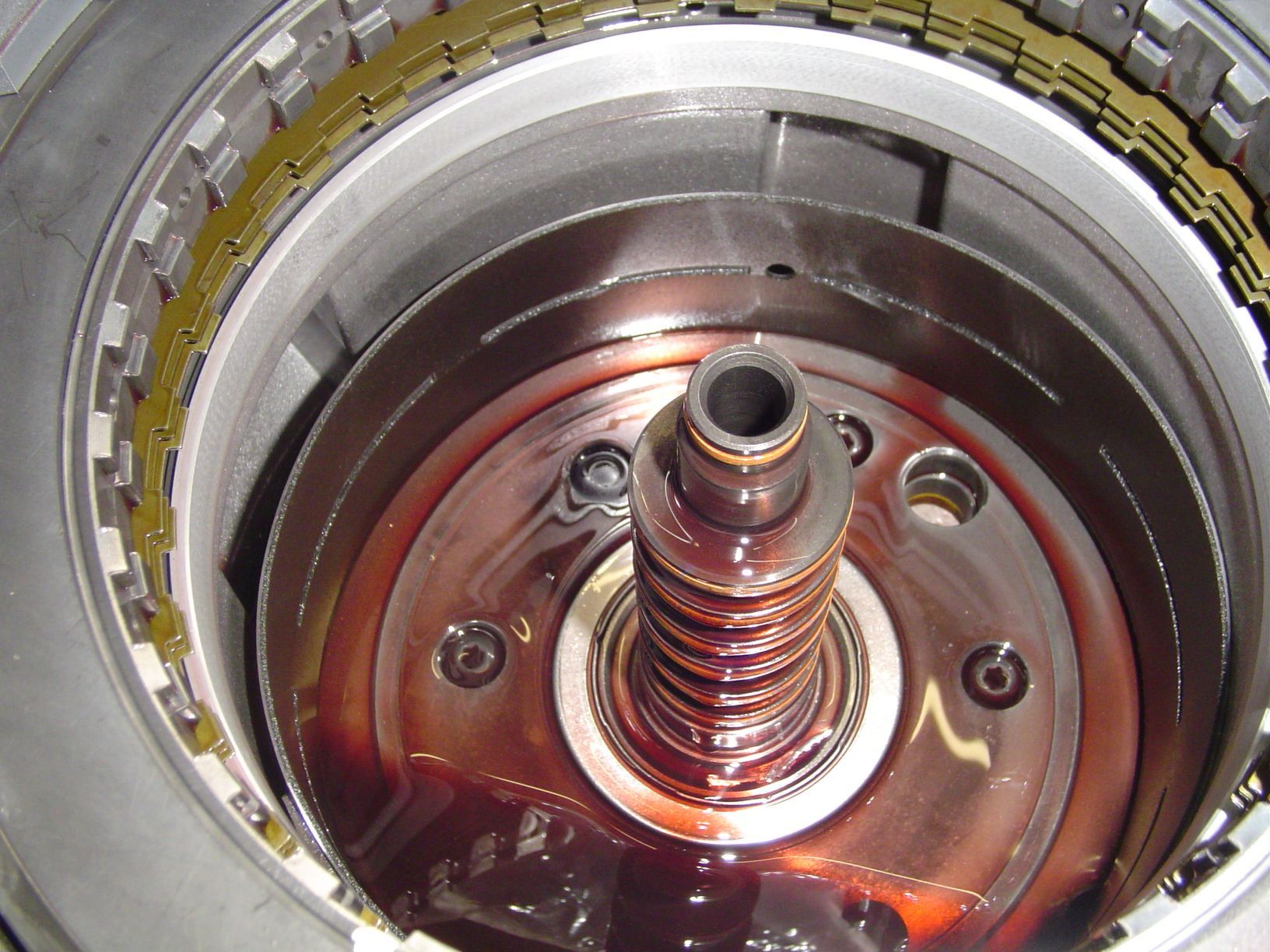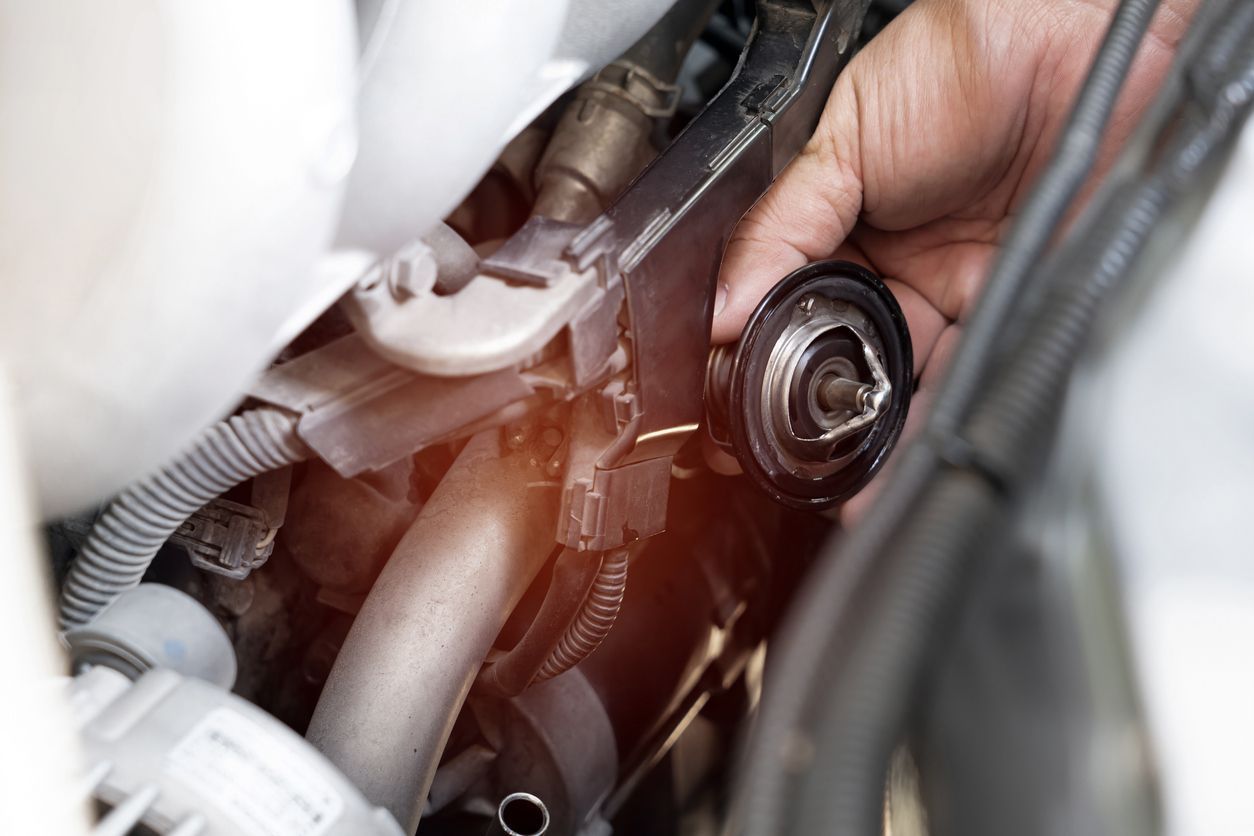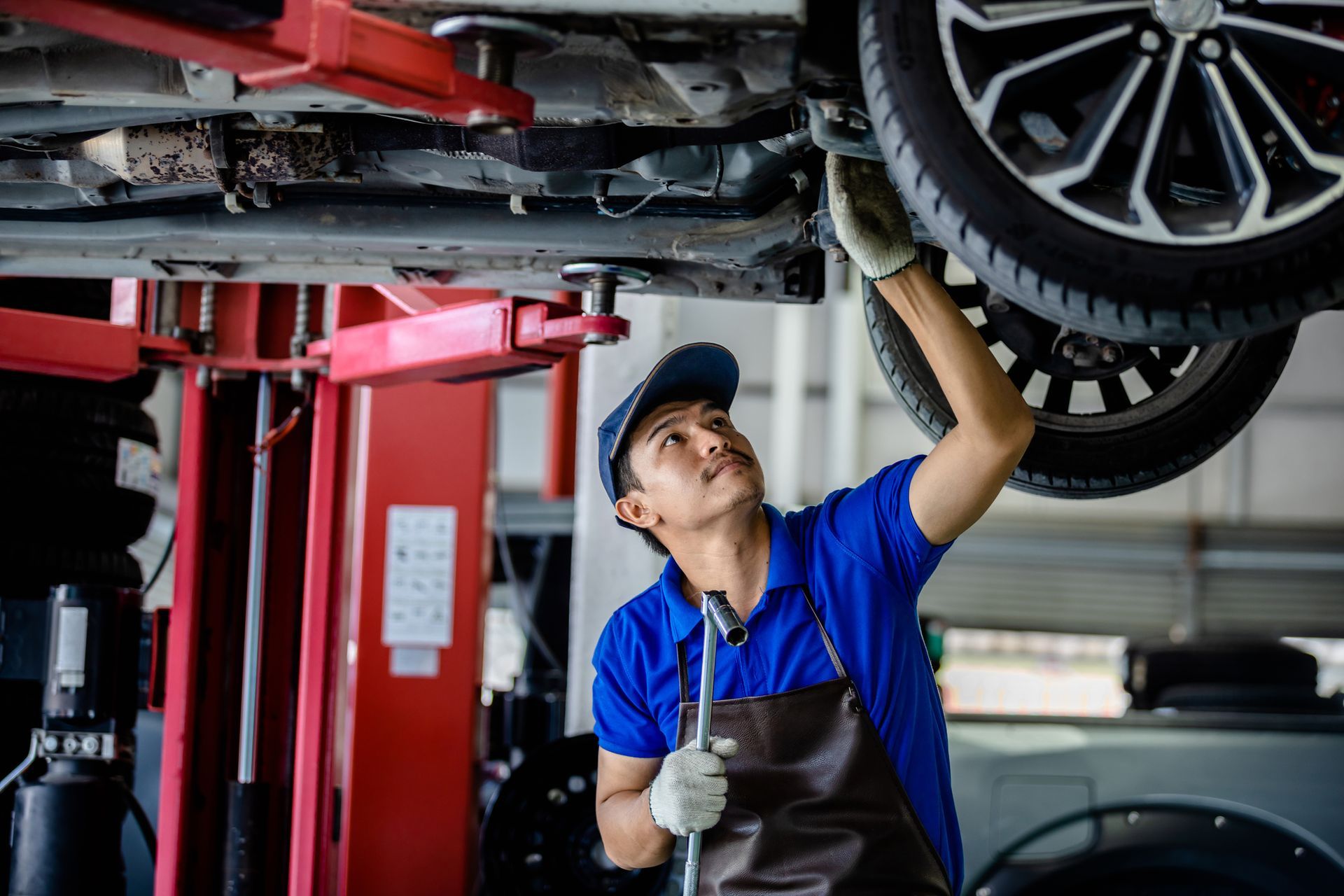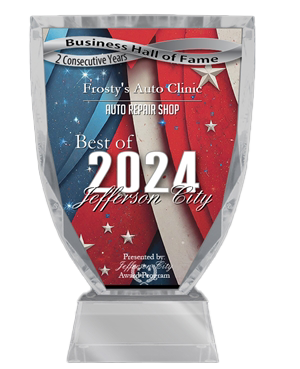What's A Serpentine Belt?
Serving: Jefferson City, MO
We all have those days when we’ve got a bunch of errands to run. Suppose on your day off and you need to get gas, pick up some groceries, swing by the ATM and get the kids from school. Now you could make four trips, but that would be a waste of time and money – totally inefficient. Instead you get organized and hit the ATM first and get some gas next. Then you go to the supermarket and pick up the kids on the way home. Way better use of your time.
Now you may wonder what this has to do with your car. Well, back in the day, each of your engine’s accessories, like the alternator and air conditioner, were powered by separate belts. A vehicle might have 5 or 6 belts. These days, vehicles have a single belt to run all the accessories. It’s called the serpentine belt because it snakes around everything, efficiently connecting the accessories – like bundling your errands.
A pulley attached to the engine’s crank provides the power to turn the serpentine belt. The belt may provide the power for the power steering pump, which makes it easier to steer your vehicle. Next comes the alternator which generates electricity to run the vehicle’s electrical system and charge the battery. On to the air conditioning compressor. This helps make cold air to keep you comfortable all summer long.
On some vehicles the water pump or radiator fan or the power brakes are also run by the serpentine belt. Some even have two serpentine belts. No matter how your engine is arranged, you aren’t going far without a serpentine belt. Your manufacturer has a recommended interval for inspecting your belt and your service technician can inspect it for damage or wear.
Finally, there is the belt tensioner. Its job is to apply pressure on the belt to keep it tight.
Several years ago, they started making serpentine belts out of a new material. It’s much more durable, but it’s harder to tell when the belt needs to be replaced. The old-style belts would crack, and chunks would fall off so you could easily see when you needed a new one.
On the new style belts, if the ribs wear too deep, it’s time to replace. Your technician uses a simple gauge to tell when the belt is worn. A worn belt stresses your engine’s expensive accessories and causes them to wear prematurely.
So, change your serpentine belt and belt tensioner as recommended to extend the life of your accessories and to prevent future breakdowns.
